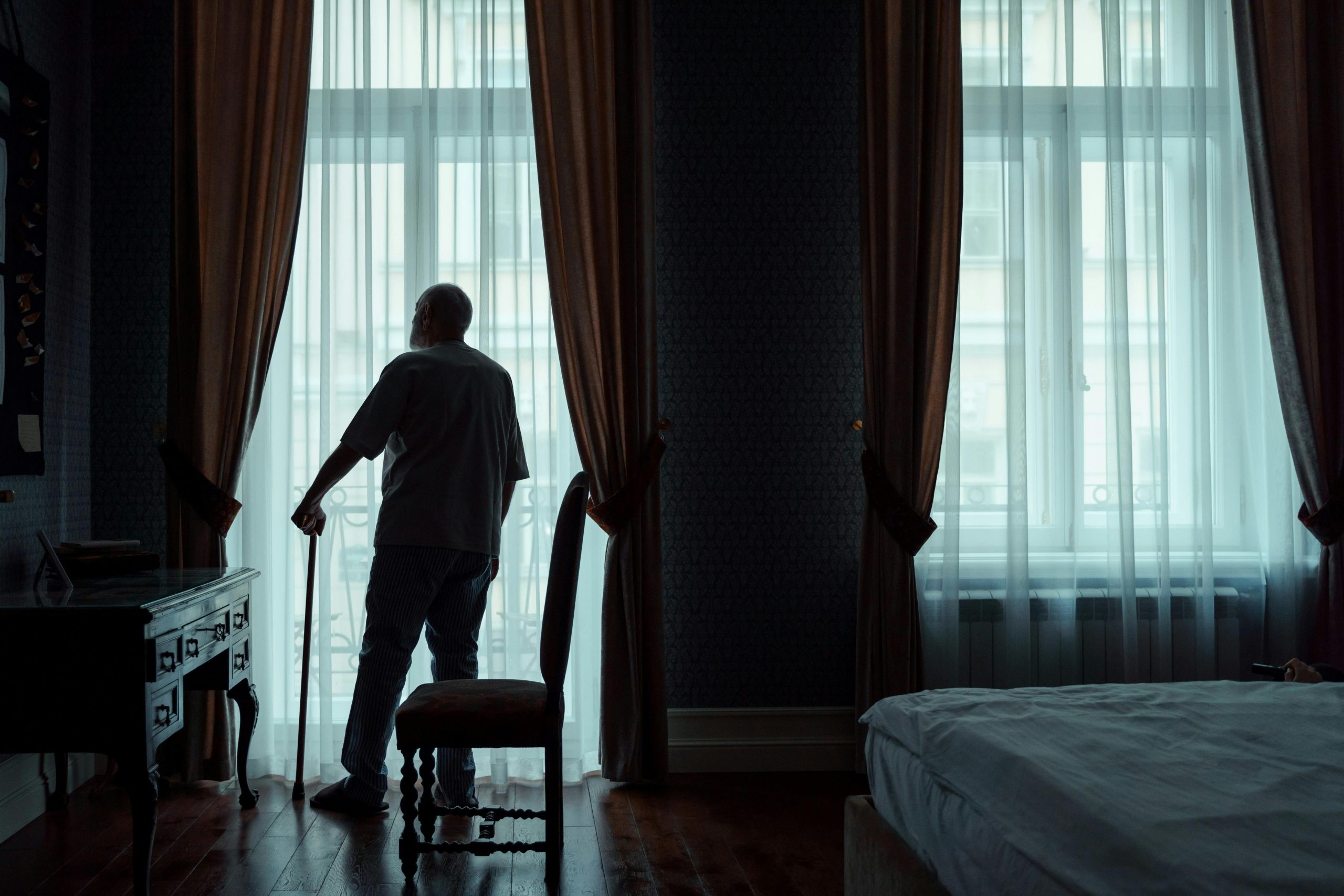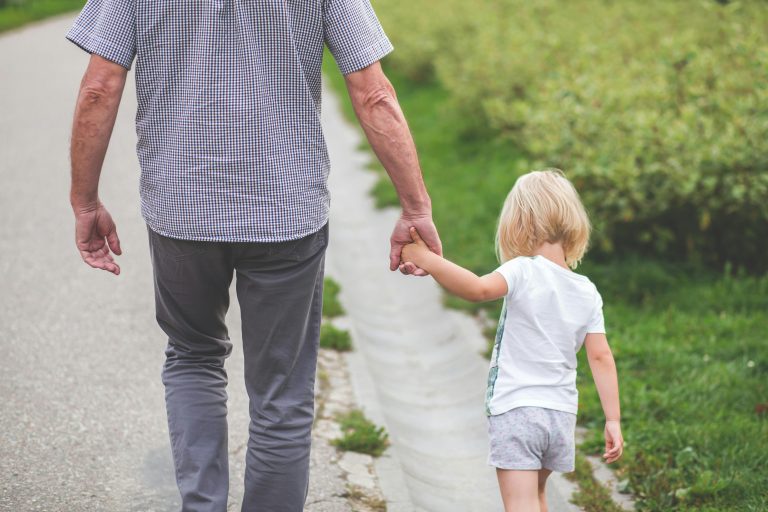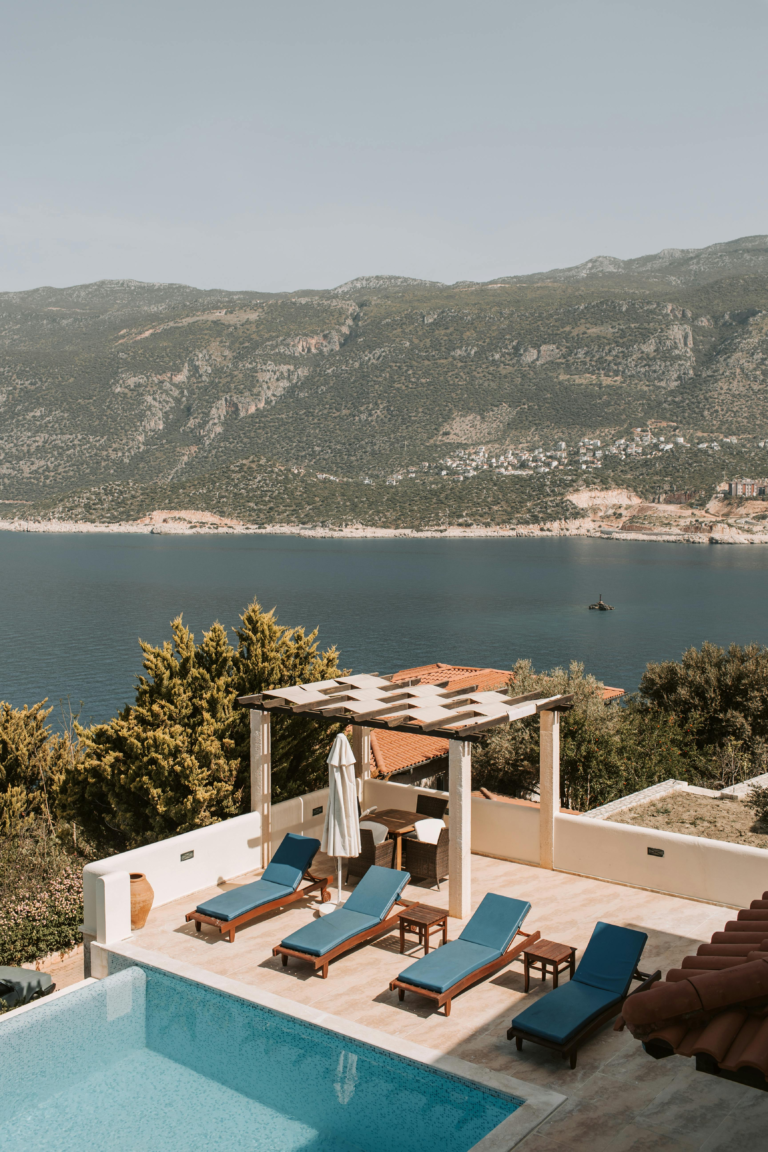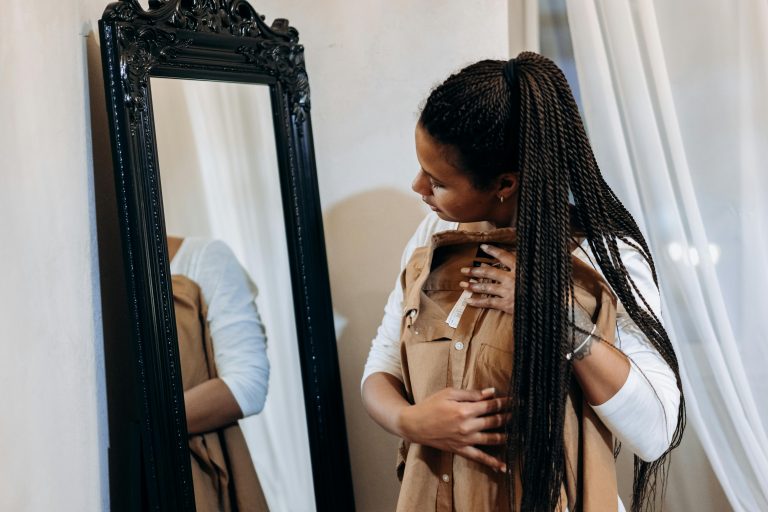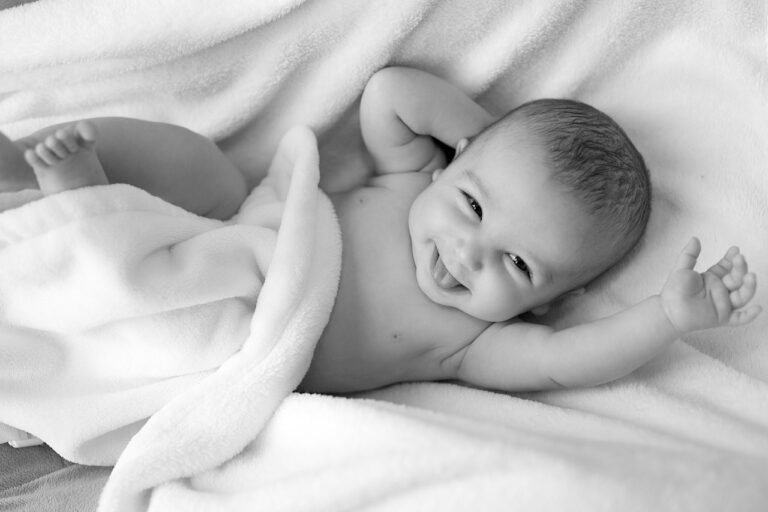Too tired to Care?
I was struck by an article I read recently in the Guardian. Written by a hospital doctor, it detailed what she witnessed on her ward rounds tending to the elderly. She observed that the British patients she were often alone – and lonely. When asked if they had family, many said that they did but no one had visited them and in some cases these relations were hard to even track down. By comparison a Turkish patient, who, if you went by his notes alone, should have been the sickest on the ward, was surrounded by his adult children and seemed in the best spirits of all. The doctor also cited Greek and Vietnamese patients who were regularly attended to by family while in hospital.
What happened? After the ward round had finished the doctors tried to work it out, theorising that culture, economics and even the inability to cope with watching a loved one age means that elderly British patients are so often alone.
As my own parents age I have considered a version of this question many times. There’s this low level guilt that I don’t see enough of them, yet time always feels tight. My siblings and I have jobs far away from where they live and, have built our lives around this. But what felt like youthful adventure and independence once upon a time has somehow mutated into something less clear. As my parents need us more, is this distance now a widening gulf between us?
Work and its place in the family continues to shift. The article suggested that these adult children could feel that caring for their parents was only really possible if you had the economic means or a very flexible work schedule. I’ve often wondered it myself. Where once, in a traditional family set up, the man may have worked while the women stayed at home, now it’s often not economically possible. Two incomes are needed to support a family making spare time even tighter and those in part time work are often juggling children in their free time. But this goes across cultures, so is not unique to Britain.
Is it our very British focus on independence that has fostered this culture? It sometimes seems like we start pushing for independence as early as infancy. In some other countries the family is seen as the main thing to strive for so they are keen to keep it together. If we valued our independence a little less would it make things easier? Perhaps. It could mean we lived nearer our families making care for parents and small people alike easier. It could mean work might not take such a priority but what would that mean for the household income?
Independence might be shaping our communities too as people don’t always stick around in places for long as they move on to the next opportunity. This has the knock-on often of neighbours not knowing each other well or not well enough to rely on each other.
Is it also trickier because we’re having kids later? I think about the age my parents had me compared to the age I’m now having mine. They were comparably a lot younger. Sometimes it feels as if just when our parents are needing more physical and mental help, many of us find ourselves in the particularly intense part of raising small children while juggling demanding jobs. While talking to friends about this I often get the sense that many of the women feel they are increasingly having to parent both the young and the old.
While I mulled this over, my husband made a point that flipped the script I’d been running in my head. What had these elderly patients done to remain on good terms with their children? Had they put the work in to foster good relationships? Had they helped them out where needed as they grew into adults? Had they sort to perhaps move nearer their children in later life to make it easier to stay in touch? Perhaps they had done all these things and were still alone, and perhaps this is just a very Western way to think about things but it gave me pause for thought.

